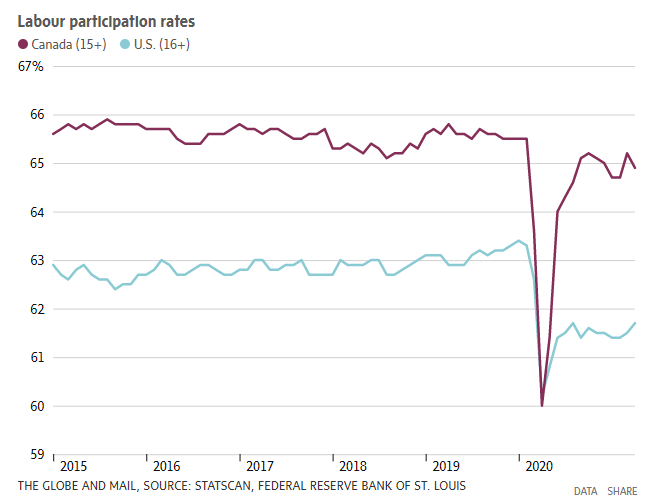
Ontario’s two million public school students will learn remotely for the last four weeks of the academic year as the government looks to keep its reopening plans for the summer on track, rather than have children return to the classroom.
theglobeandmail.com/canada/article…
theglobeandmail.com/canada/article…
Ontario schools have been closed for 23 weeks – longer than anywhere else in Canada.
theglobeandmail.com/canada/article…
theglobeandmail.com/canada/article…
Educators and medical experts are increasingly worried about the mental health and well-being of children, not to mention the learning gaps that are associated with school closures.
theglobeandmail.com/canada/article…
theglobeandmail.com/canada/article…
Before Ford’s announcement on Wednesday, a senior government source told The Globe that a return to in-person classes was deemed too risky. Instead, Ontario wants to preserve other activities for children that are part of the province's reopening plan.
theglobeandmail.com/canada/article…
theglobeandmail.com/canada/article…
However, the government is still reviewing data to determine whether the province can enter the first step of its plan, which includes allowing patios and retail capped at 15% capacity, before the anticipated date of June 14, the source said.
theglobeandmail.com/canada/article…
theglobeandmail.com/canada/article…
• • •
Missing some Tweet in this thread? You can try to
force a refresh





